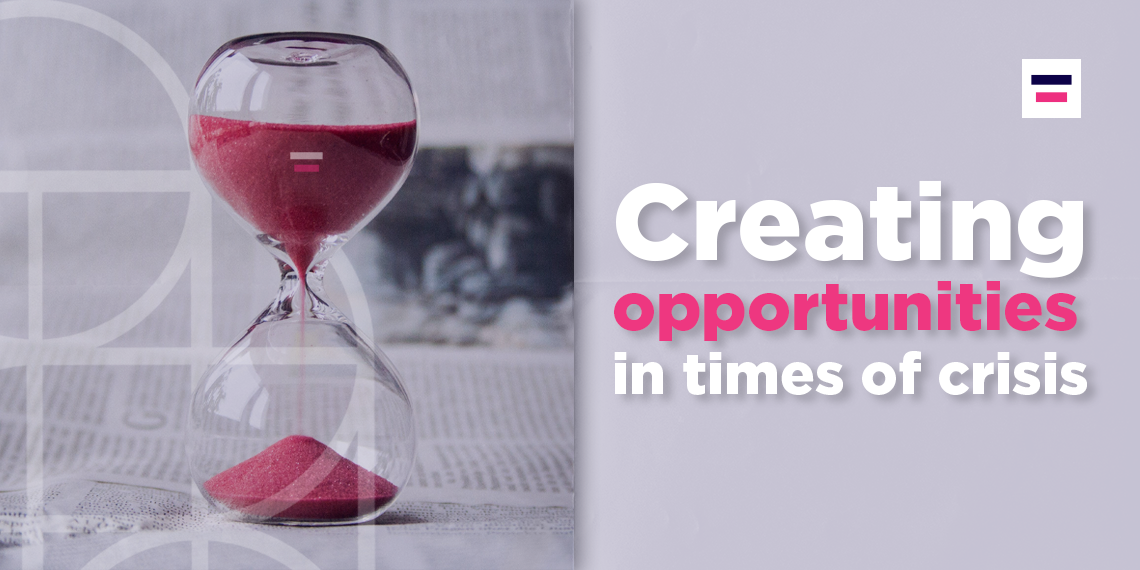Insurance will never be the same again
The impact of the COVID-19 outbreak on the country and the economy has been severe. It has changed how business is conducted and it has changed how people behave.
People working from home have taken the time to focus on their personal finance and insurance cover, paying attention to statements and invoices, especially as they are concerned about the uncertainty of their earnings and possible loss of earnings. Because of this, financial advisors are getting more queries than ever. People’s priorities have also changed, so they are querying their risk profiles, like how much they spend on vehicle insurance considering how much less time they are spending in their vehicles. These changes in behaviour have an impact on insurers. Clients are becoming more knowledgeable because they have time to do their research and get the information that they need to make the best decisions for themselves. This change in behaviour is welcomed by insurers but that doesn’t mean that there is a diminished need for financial advisors. Clients will continue to rely on them for advice, service and expert knowledge. It is the way in which these needs are fulfilled that is changing. The mediums through which these interactions take place might permanently shift to technology-based mediums, providing an opportunity for the development of Fintech and one that financial services providers could – and should – capitalise on.
Innovation is key
Innovation in the insurance landscape boils down to relevance. Even though things have changed significantly, the way the industry approaches insurance is based on how things were done in the past. It’s always been promoted, sold, and provided for, in the same way. We’re operating in a completely new environment now where we have the opportunity to provide insurance cover that is relevant to people in their current situation. Literally everything has changed.
For example, there is an actively-at-work clause in place with our Group Risk Cover. By analysing our current macroenvironment, we understand that working from home will likely become more commonplace, so we are reviewing this clause to see how it can be adapted to suit the needs of those we cover. Of course, this comes with its own set of risks, but it forces us to expand our thinking and change the way we view – and provide – insurance.
The unfortunate reality is that people will lose their jobs. This crisis will have casualties, but we need to be proactive and re-evaluate the relevance of the cover that we, as an industry, provide.
Affordability will become a problem as people lose earnings and find new ways of earning an income. Insurance is necessary though, so the challenge we face is to more cost-effectively provide people with relevant insurance cover and look for ways to assist people during a time when their reality has changed.
This is where technology, which has played a major part in the past, will play an even bigger part in the future. It will enable us to contain costs and make it more affordable. Amidst this tragedy, we are presented with an opportunity to really make a change, and to impact people’s lives positively, and that’s an exciting prospect.
Using data to inform decisions
Because this pandemic has unfolded globally, there is enough data available to us, allowing us to better assess the risks and gain a comprehensive understanding of what we are dealing with. We can adapt our product to provide one that best suits the changed risks and needs of both the policyholders and us as an insurer.
We expect an increase in the number of claims we receive. In anticipation of this increase we’ve included a COVID-19 questionnaire as part of our medical underwriting, as well as our claims processes, but we don’t have any exclusions for COVID-19. Our policyholders are covered for the virus. The way we price cover will be adjusted to allow for the expected increase in claims as a result of the virus.
As each day passes, we gain more knowledge of COVID-19 and more experience in operating within this unusual environment. The effects of this crisis will not simply pass once the lockdown has been lifted. The full effect will be felt over the next few years and we need to be open to adapting to the inevitable changes as they take place and find the opportunities within each challenge.
The pot of gold at the end of the rainbow
There is every possibility that people will, as a result of this virus, adopt healthier lifestyles. Mothers have always told their children to practice personal hygiene, but thanks to the increased awareness of, and attention paid to, the importance of personal hygiene, people might become less prone to falling ill. That’s a very positive outlook and one that could change people’s lives for the better.





























